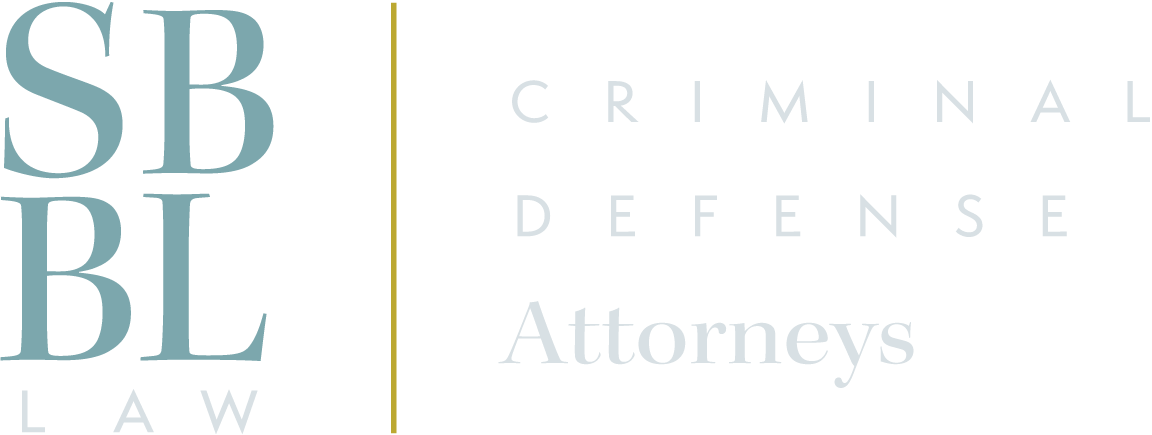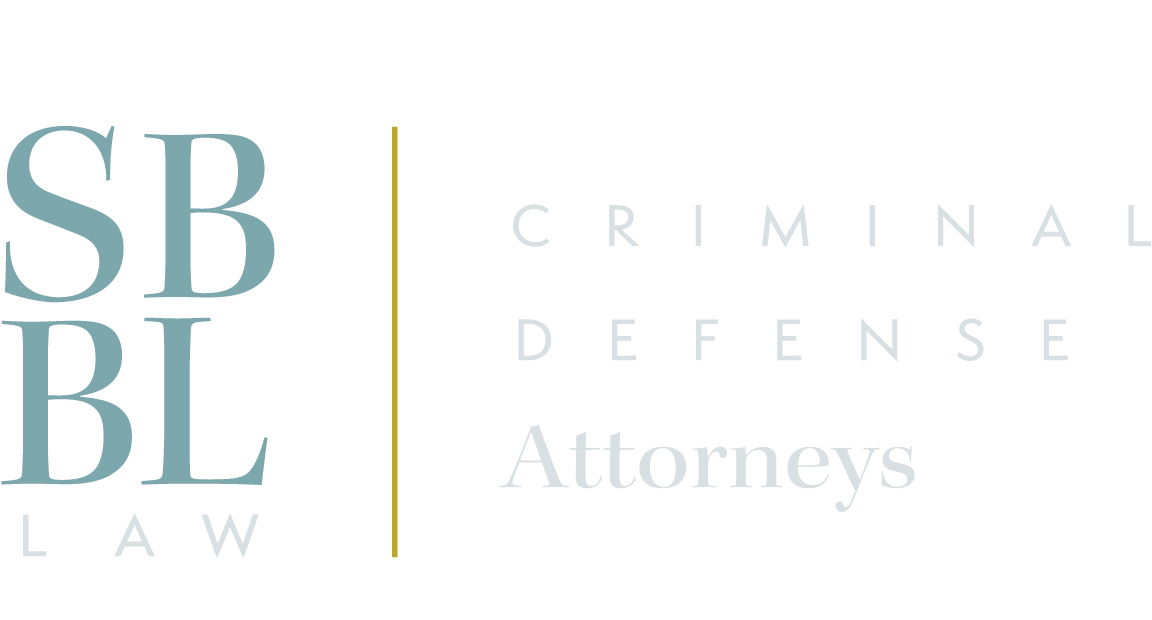OWI, DUI, DWI, and Drunk Driving Charges
Contact us for a free attorney consultation today.
Call 1-888-536-5900 or fill out our online form:
What’s the difference between a DUI and a DWI?
What individuals call drunk driving charges vary from state to state. For example, people often use the terms “DUI” and “DWI.” A “DUI” is short for “Driving Under the Influence” of either alcohol or drugs. A “DWI” is short for “Driving While Intoxicated.”
The most common acronym for a drunk driving charge in Michigan, however, is “OWI,” which stands for “Operating While Intoxicated.” While people use any of these acronyms to refer to drunk driving charges, it is important to remember that there are a variety of charges—each with different criminal consequences and license sanctions—that can result from a drunk driving investigation.
So, what are the most common drunk driving offenses in Michigan?
Operating While Visibly Impaired by Alcohol
Operating While Visibly Impaired (“OWVI”) is the crime that is charged in a situation where the prosecution believes that the individual’s driving was affected by alcohol, but there is no evidence to indicate that their blood alcohol content was at or above the legal limit. This is generally the least serious charge in a drunk driving case. In order to be convicted of this charge at trial, the prosecution must prove beyond a reasonable doubt that because of the consumption of alcohol, the individual drove with less ability than an ordinarily careful driver would have driven.
Operating While Visibly Impaired First Offense is a misdemeanor punishable by up to 93 days, probation, fines and costs, community service, and possible vehicle immobilization. Following a conviction, the person will have a restricted license for 90 days. The potential criminal consequences for a conviction for a second offense or third offense OWVI increase, along with an increase in license sanctions. It is important to note that an OWVI third offense is a felony.
In addition to the penalties listed above, 4 points are added to the person’s driving record upon conviction for having Operated a Motor Vehicle While Visibly Impaired.
Operating While Intoxicated
An Operating While Intoxicated (“OWI”) charge is more serious than an OWVI charge. An OWI can be proven by the prosecution in two ways. The first is by proving that a person Operated a Motor Vehicle with Unlawful Bodily Alcohol Content. That is, the prosecution would have to prove beyond a reasonable doubt that when the individual operated a motor vehicle, their blood alcohol content (“BAC”) was at or above the legal limit. In Michigan, the legal limit is .08. Second, the prosecutor could argue that a person was “under the influence” of alcohol or that their ability to drive a vehicle in a normal manner was substantially lessened.
Operating a Motor Vehicle While Intoxicated First Offense is a misdemeanor punishable by up to 93 days in jail, fines and costs, community service, and possible vehicle immobilization. Upon conviction for OWI First Offense, the individual’s license will be suspended by the Secretary of State for 30 days, and then the person’s license will be restricted for 150 days.
Operating a Motor Vehicle While Intoxicated Second Offense is also a misdemeanor, but it comes with a more serious potential sentence. Upon conviction, the penalty is anywhere from 5 days in jail to one year in jail, fines and costs, community service, and vehicle immobilization. If a person has a second OWI conviction within 7 years, their license will be suspended/revoked for at least 1 year.
Operating a Motor Vehicle While Intoxicated Third Offense is a felony. Upon conviction, an individual would face anywhere from 30 days in jail to 5 years in prison, fines and costs, community service, and vehicle immobilization. If the person has been convicted of three OWIs within 10 years, their license will be suspended/revoked for at least 5 years.
In addition to the penalties listed above, 6 points are added to the person’s driving record upon conviction of having Operated a Motor Vehicle While Intoxicated.
Operating a Motor Vehicle with a High Blood Alcohol Content
If charged with Operating a Motor Vehicle with a High Blood Alcohol Content (OWI High BAC), the prosecution must prove that the individual’s blood alcohol content was at or above .17 at the time they operated the motor vehicle. A first or second offense of OWI High BAC is a misdemeanor, while a third offense is a felony.
Upon conviction for OWI High BAC First offense, the Secretary of State will suspend the person’s license for 45 days. After the suspension is completed, the individual will have a restricted license for 320 days and would have to have an ignition interlock device installed on their vehicle to drive. The potential criminal consequences for a conviction for a second or third offense OWI High BAC increase, along with an increase in license sanctions.
In addition to the penalties listed above, 6 points are added to the person’s driving record upon conviction for having Operated a Motor Vehicle with a High Blood Alcohol Content.
What to do if you are charged with a drunk driving offense?
The consequences of a conviction in a drunk driving case can impact your everyday life—and, potentially, your career. Contacting an experienced drunk driving attorney right away can increase the chances of obtaining a better resolution in the case, including a reduction of charges or an outright dismissal. The best drunk driving attorneys will look into all the facts of the case, determine if any pre-trial motions can be filed to exclude evidence such as a faulty preliminary breath test (PBT) or field sobriety tests and ensure that you understand the specific charges you are facing and the potential consequences of a conviction. At SBBL Law, our team of Michigan drunk driving attorneys works to uncover any issues with each client’s case in an effort to reach the best resolution that we can—including dismissal, reduction of charges, or acquittal at trial whenever possible.
Contact us for a free attorney consultation today.
Call 1-888-536-5900 or fill out our online form:



